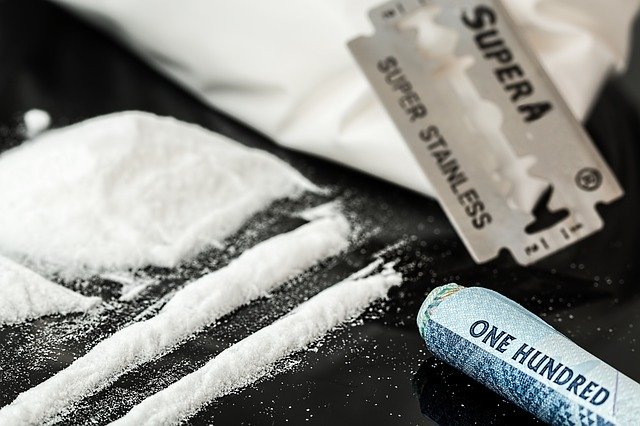Experimental new test fingers cocaine culprits
A new testing method has been devised that uses a person’s fingerprint to detect whether or not they have recently taken cocaine.

The fingerprint test uses high resolution mass spectrometry to search for the presence of benzoylecgonine, a molecule produced in the body when cocaine is ingested. By testing for this metabolite rather than for cocaine itself, the method can distinguish between people who have simply handled the class A drug and those who have actually consumed it. The research, published in Scientific Reports, was carried out by Surrey University, Forensic Science Ireland, National Physical Laboratory and Intelligent Fingerprinting.
3D printing breakthrough could accelerate drug testing process
Drug testing platform will benefit pharmaceutical sector
"A fingerprint is a great way to test for drugs as it is so quick and efficient to collect,” said Dr Min Jang, from Surrey’s Department of Chemistry. “Using our methodology, it is possible to analyse a fingerprint sample for drugs in less than 2 minutes."
Register now to continue reading
Thanks for visiting The Engineer. You’ve now reached your monthly limit of news stories. Register for free to unlock unlimited access to all of our news coverage, as well as premium content including opinion, in-depth features and special reports.
Benefits of registering
-
In-depth insights and coverage of key emerging trends
-
Unrestricted access to special reports throughout the year
-
Daily technology news delivered straight to your inbox










UK Enters ‘Golden Age of Nuclear’
Anybody know why it takes from 2025 to mid 2030's to build a factory-made SMR, by RR? Ten years... has there been no demonstrator either? Do RR...